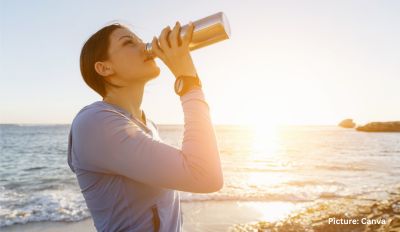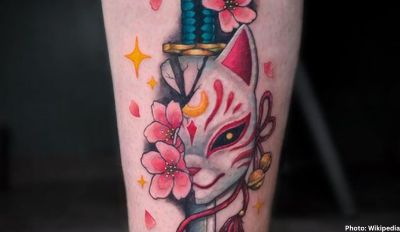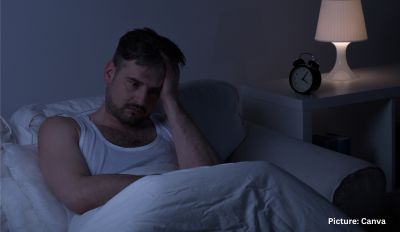The compound in psychedelic mushrooms helped heavy drinkers cut back or quit entirely in the most rigorous test of psilocybin for alcoholism, reports here stated. Psilocybin, found in several species of mushrooms, can cause hours of vivid hallucinations. Indigenous people have used it in healing rituals and scientists are exploring whether it can ease depression or help longtime smokers quit. It’s illegal in the U.S., though Oregon and several cities have decriminalized it. Starting next year, Oregon will allow its supervised use by licensed facilitators.
The new research, published last week in JAMA Psychiatry, is “the first modern, rigorous, controlled trial” of whether it can also help people struggling with alcohol, said Fred Barrett, a Johns Hopkins University neuroscientist who wasn’t involved in the study.
In the study, 93 patients took a capsule containing psilocybin or a dummy medicine, lay on a couch, their eyes covered, and listened to recorded music through headphones. They received two such sessions, one month apart, and 12 sessions of talk therapy.
The Associated Press reports, “The compound in psychedelic mushrooms helped heavy drinkers cut back or quit entirely in the most rigorous test of psilocybin for alcoholism,” investigators concluded in a study in which “93 patients took a capsule containing psilocybin or a dummy medicine, lay on a couch, their eyes covered, and listened to recorded music through headphones.” Participants “received two such sessions, one month apart, and 12 sessions of talk therapy.”
NBC News reports the study revealed that “more than 80% of those who were given the psychedelic treatment had drastically reduced their drinking eight months after the study started, compared to just over 50% in the antihistamine control group,” according to findings published online Aug. 24 in JAMA Psychiatry. In fact, “at the end of the trial, half of those who received psilocybin had quit drinking altogether, compared to about one-quarter of those who were given the antihistamine.”
Mary Beth Orr, 69, of Burien, Washington, said her psilocybin-induced hallucinations — flying over breathtaking landscapes and merging telepathically with creative people throughout history — taught her she wasn’t alone. Before enrolling in the study in 2018, Orr had five or six drinks every evening and more on weekends. “The quantity was unacceptable and yet I couldn’t stop,” she said. “There was no off switch that I could access.”
During her first psilocybin experience, she saw a vision of her late father, who gave her a pair of eagle eyes and said, “Go.” She told the therapists monitoring her: “These eagle eyes can’t see God’s face, but they know where it is.”
She stopped drinking entirely for two years, and now has an occasional glass of wine. More than the talk therapy, she credits psilocybin. “It made alcohol irrelevant and uninteresting to me,” Orr said. Now, “I am tethered to my children and my loved ones in a way that just precludes the desire to be alone with alcohol.”
Patients receiving psilocybin had more headaches, nausea and anxiety than those getting the dummy drug. One person reported thoughts of suicide during a psilocybin session. In an experiment like this, it’s important that patients don’t know or guess if they got the psilocybin or the dummy drug. To try to achieve this, the researchers chose a generic antihistamine with some psychoactive effects as the placebo. Still, most patients in the study correctly guessed whether they got the psilocybin or the dummy pill.











